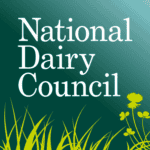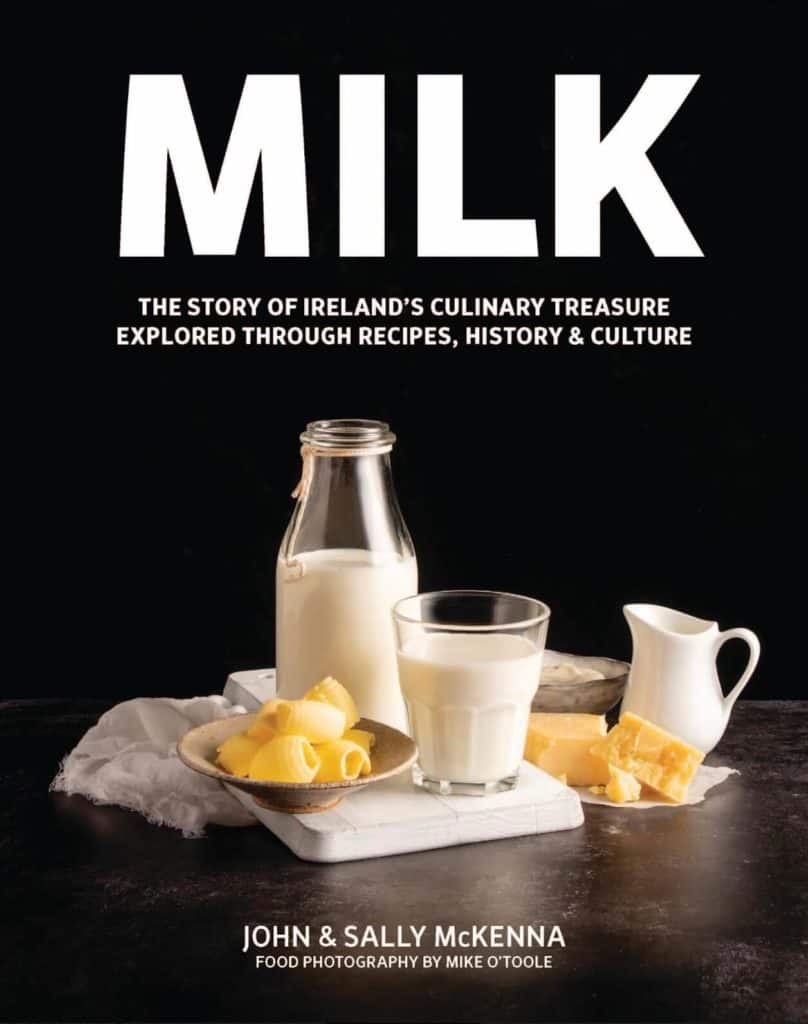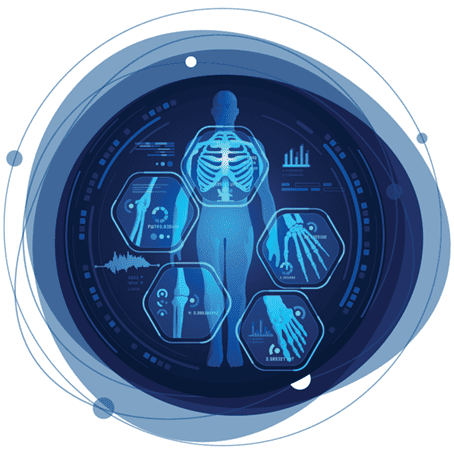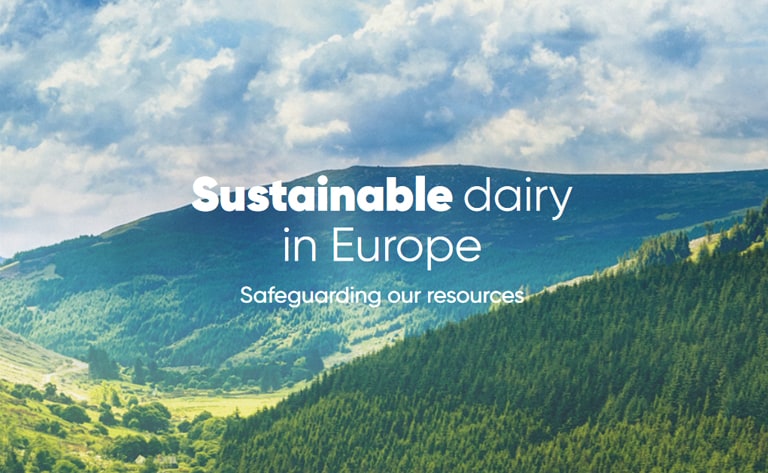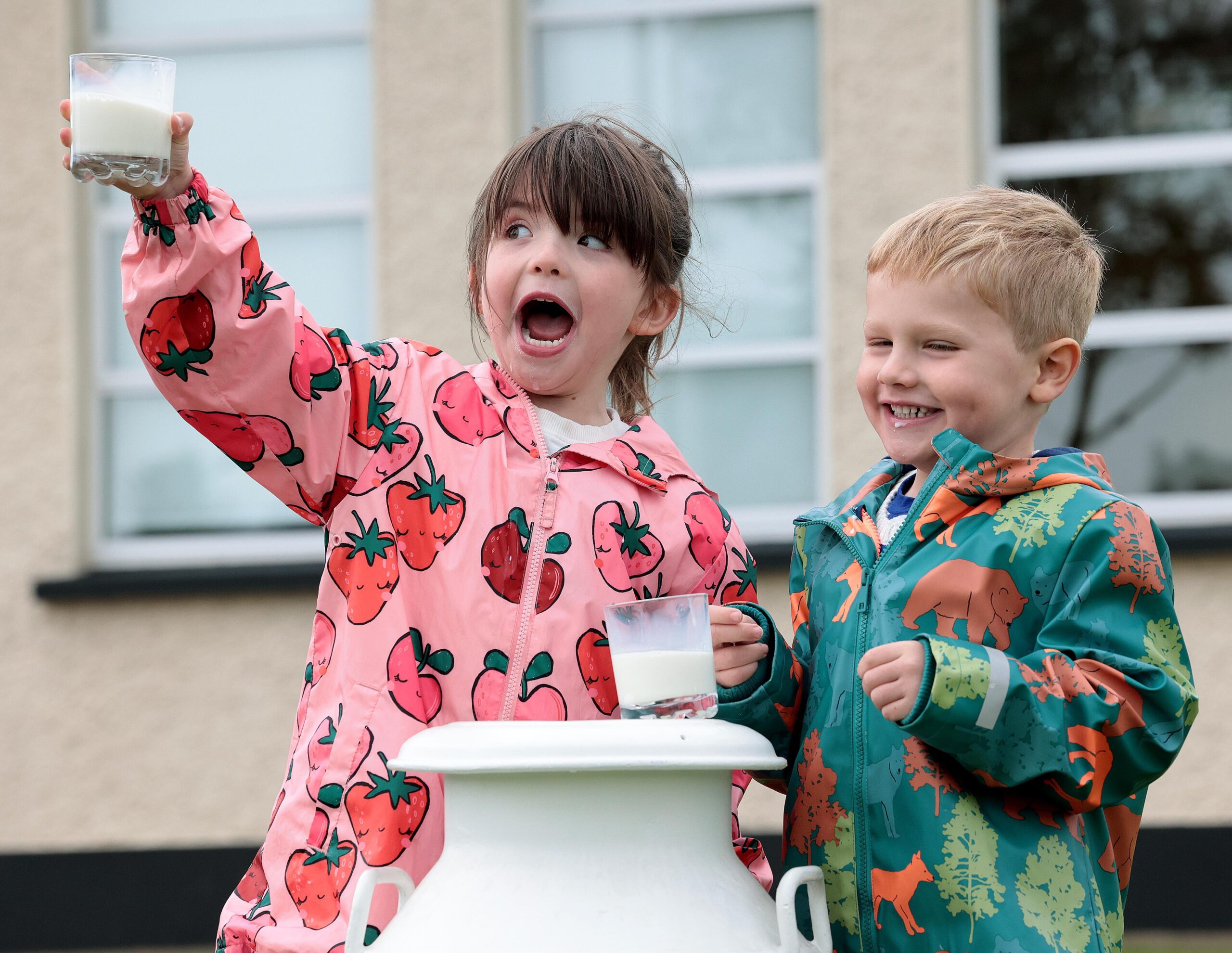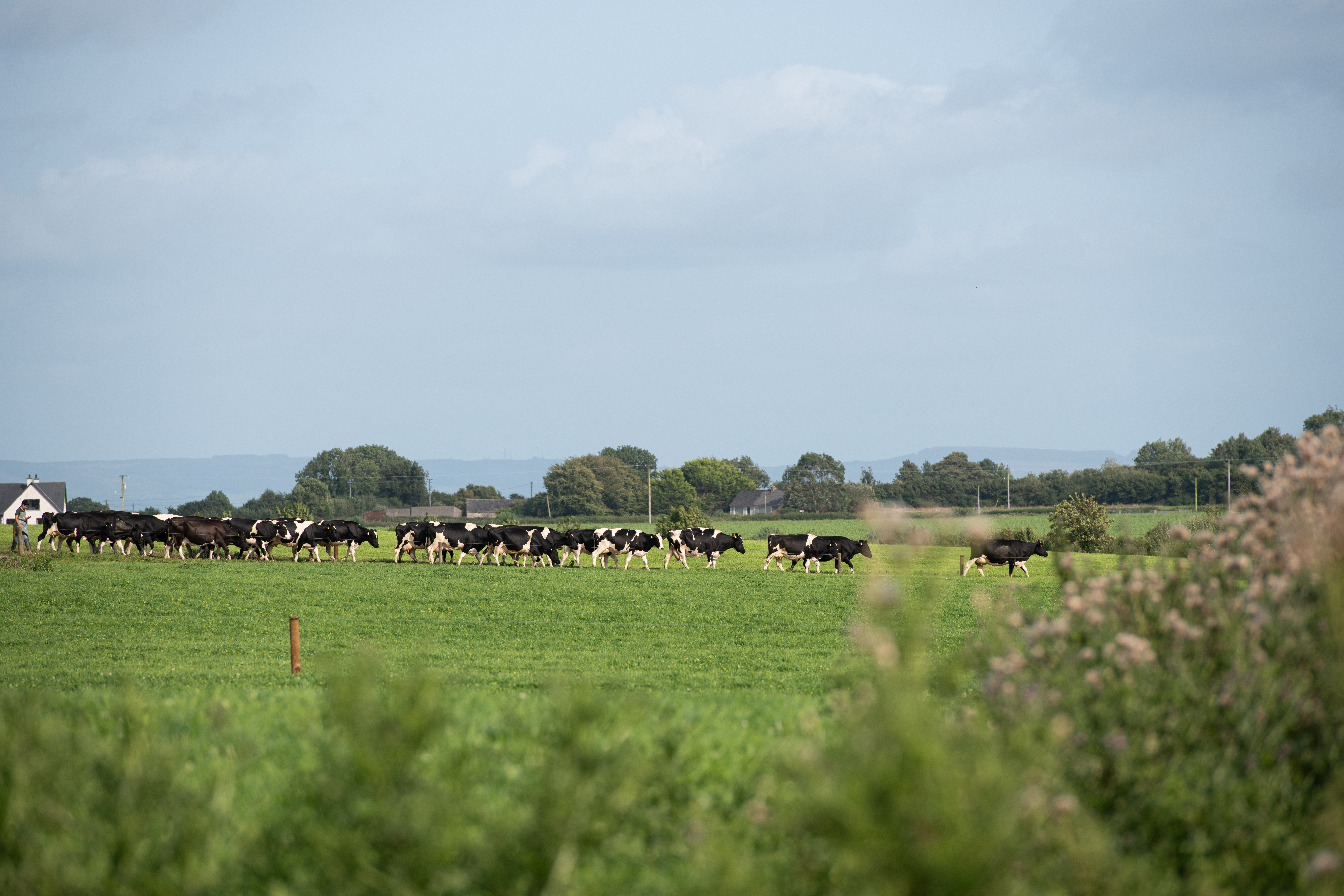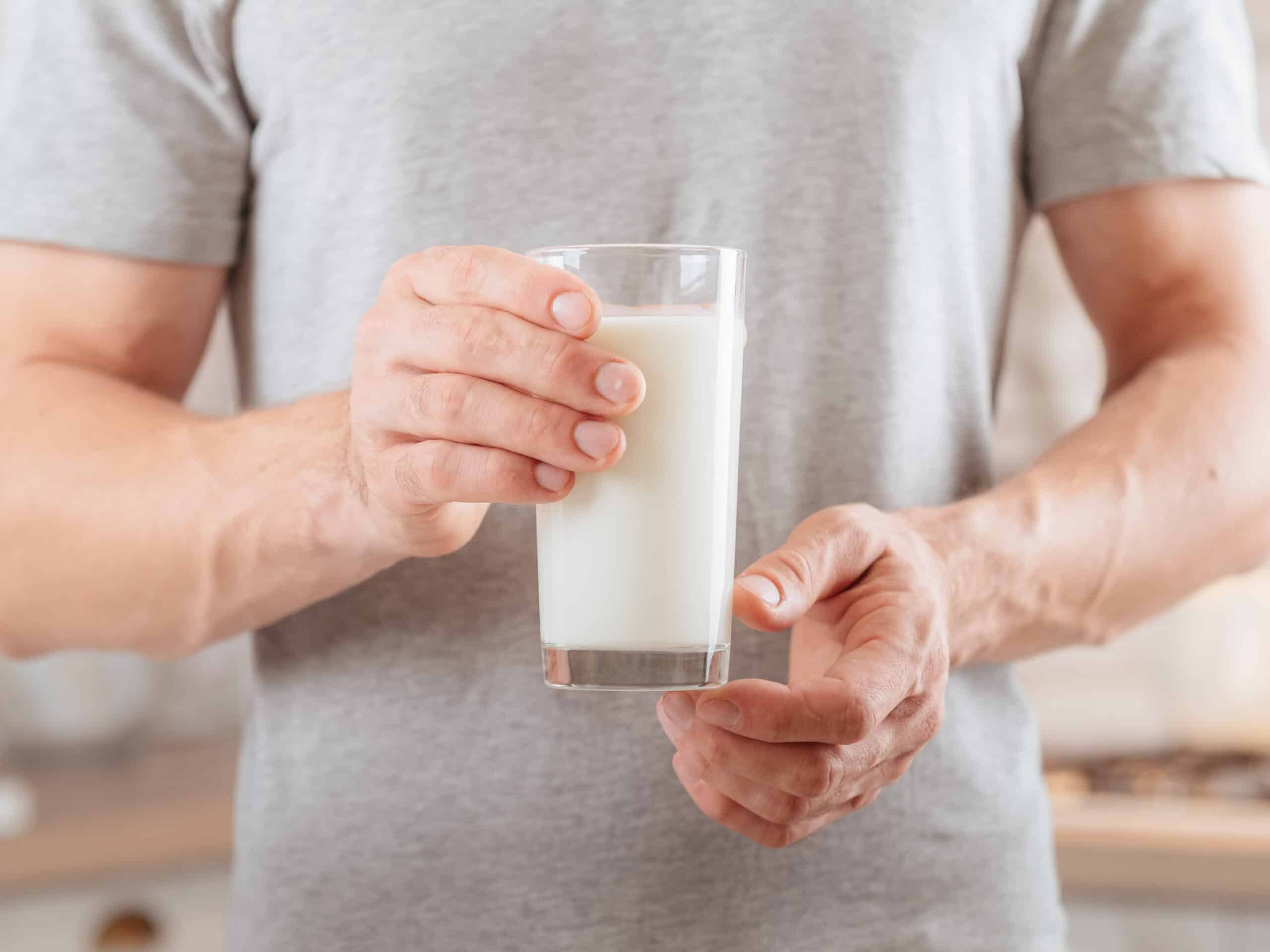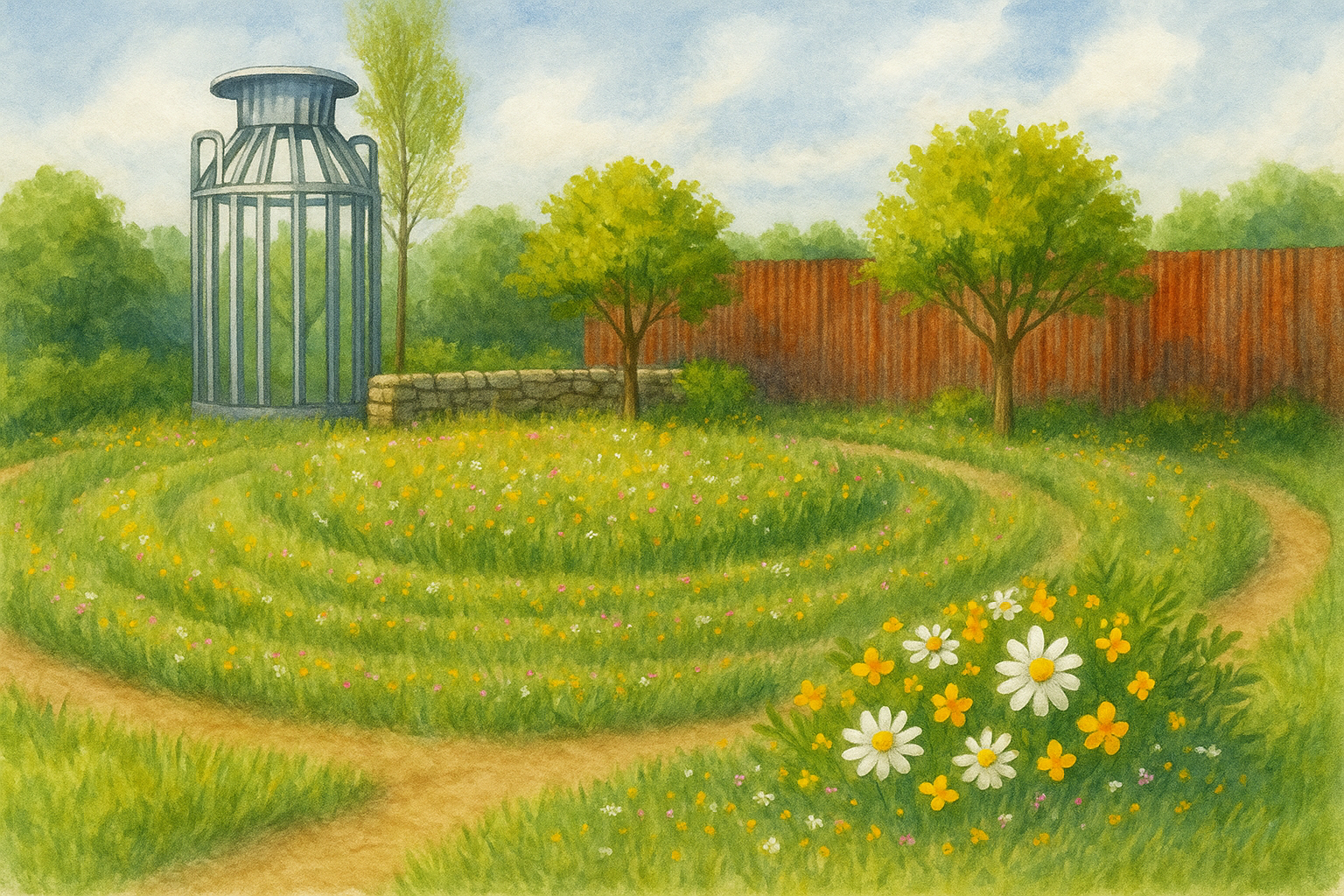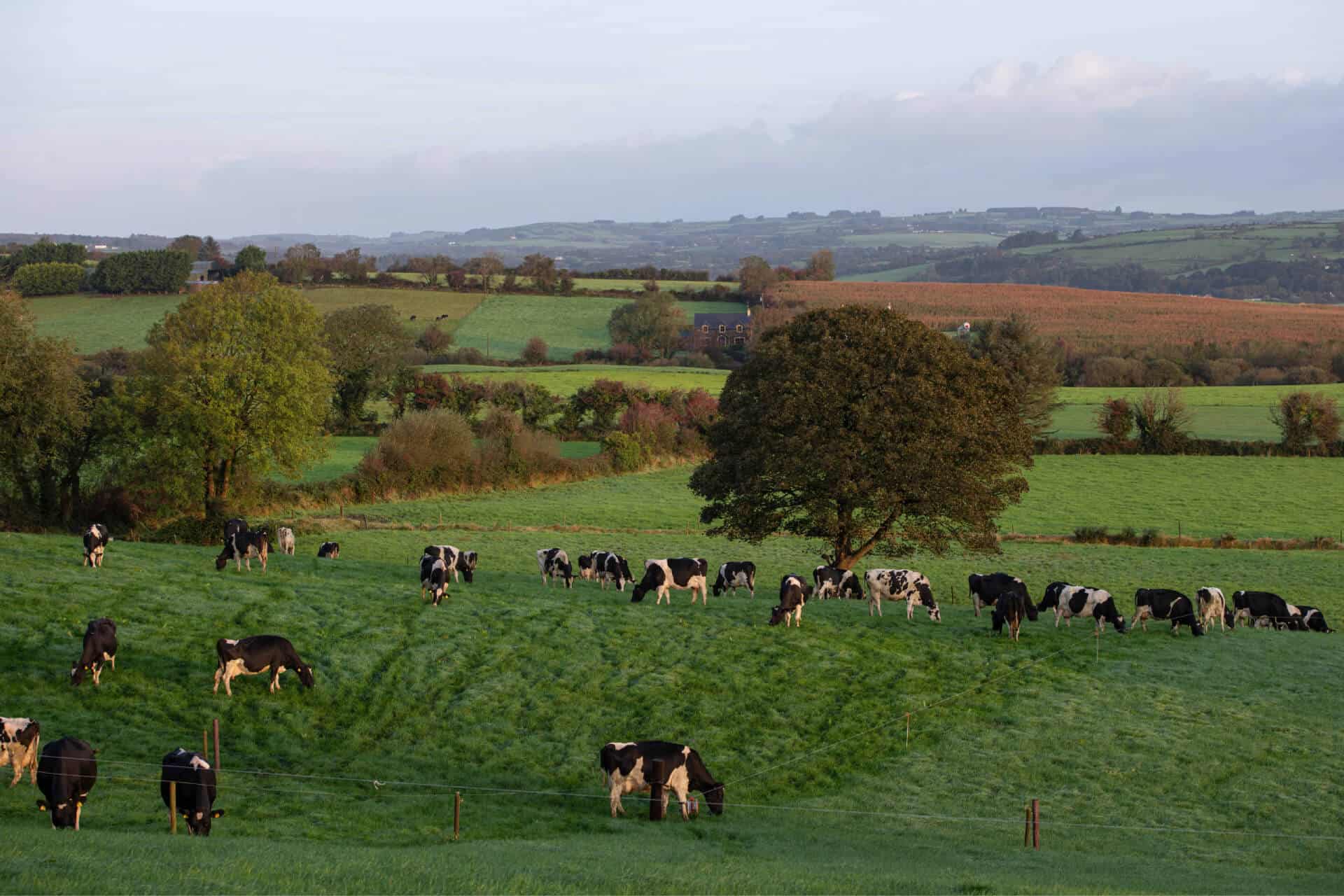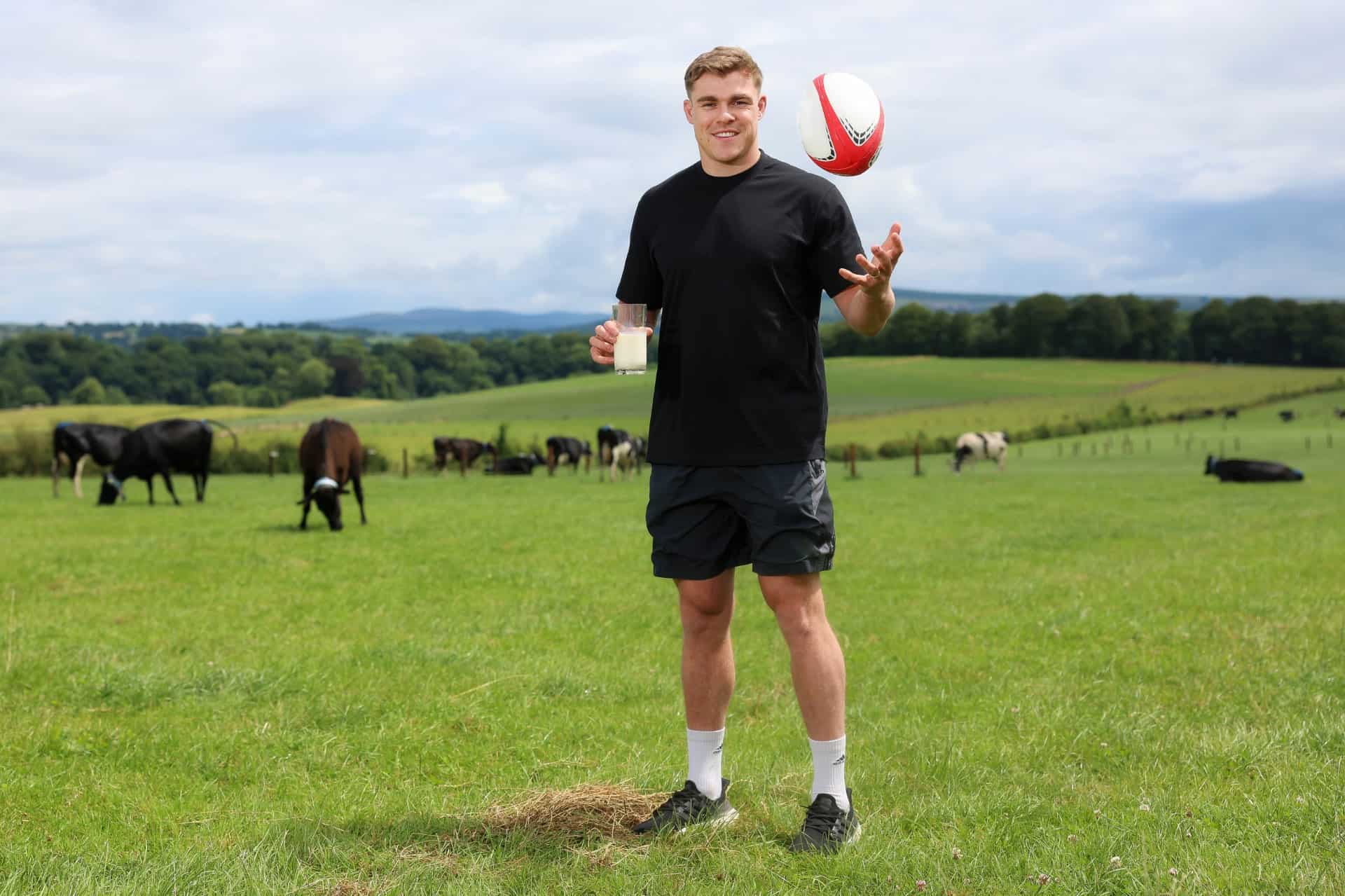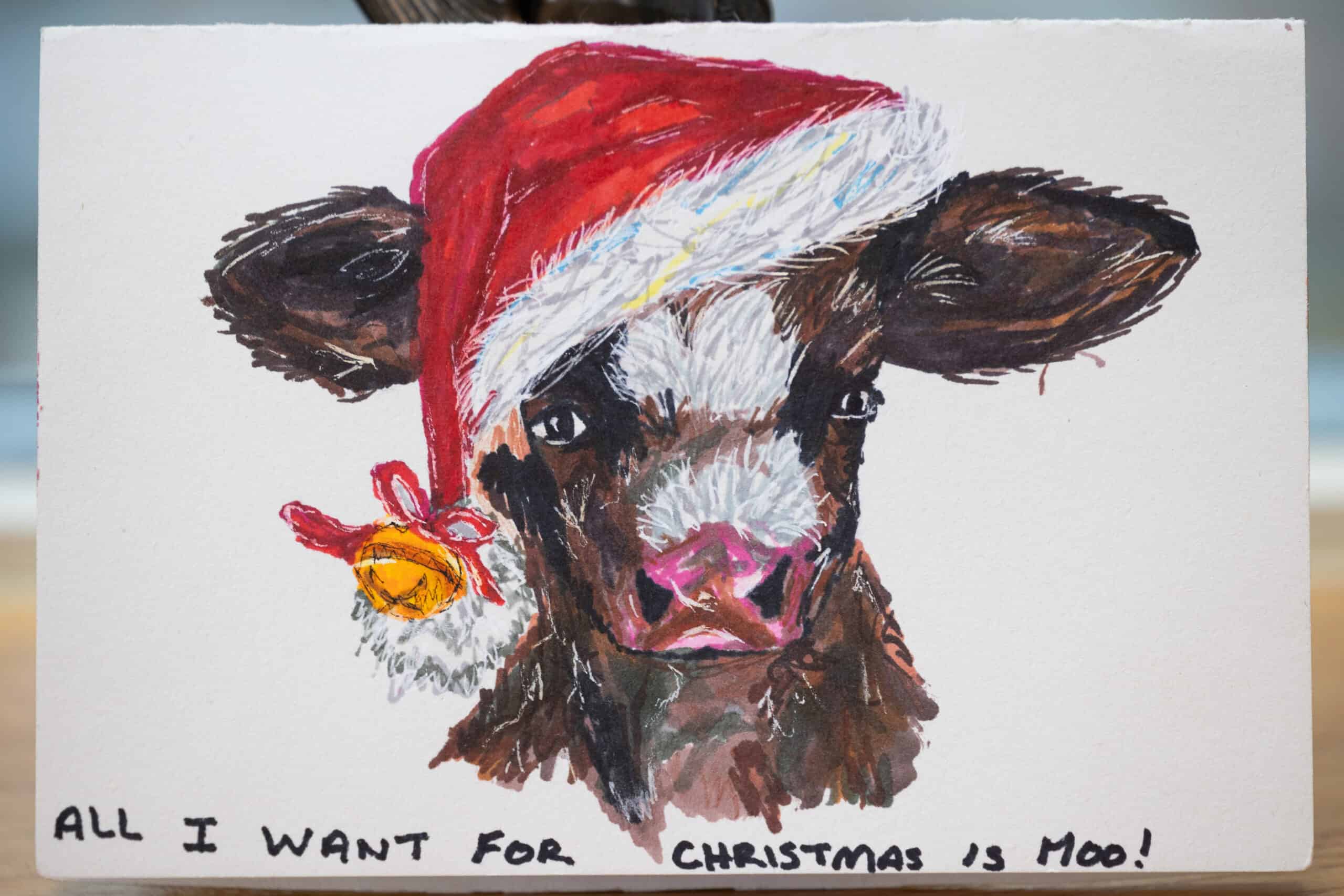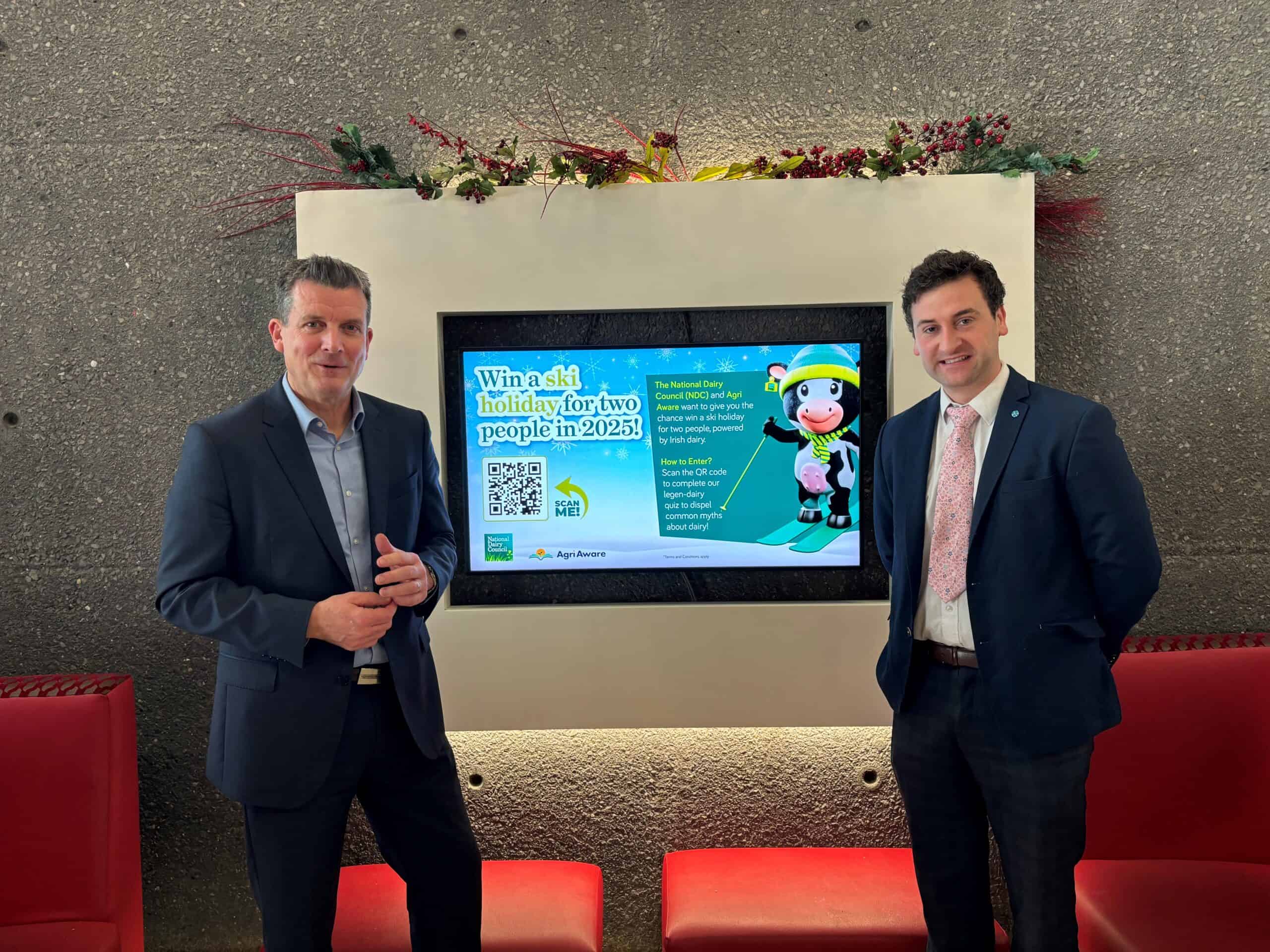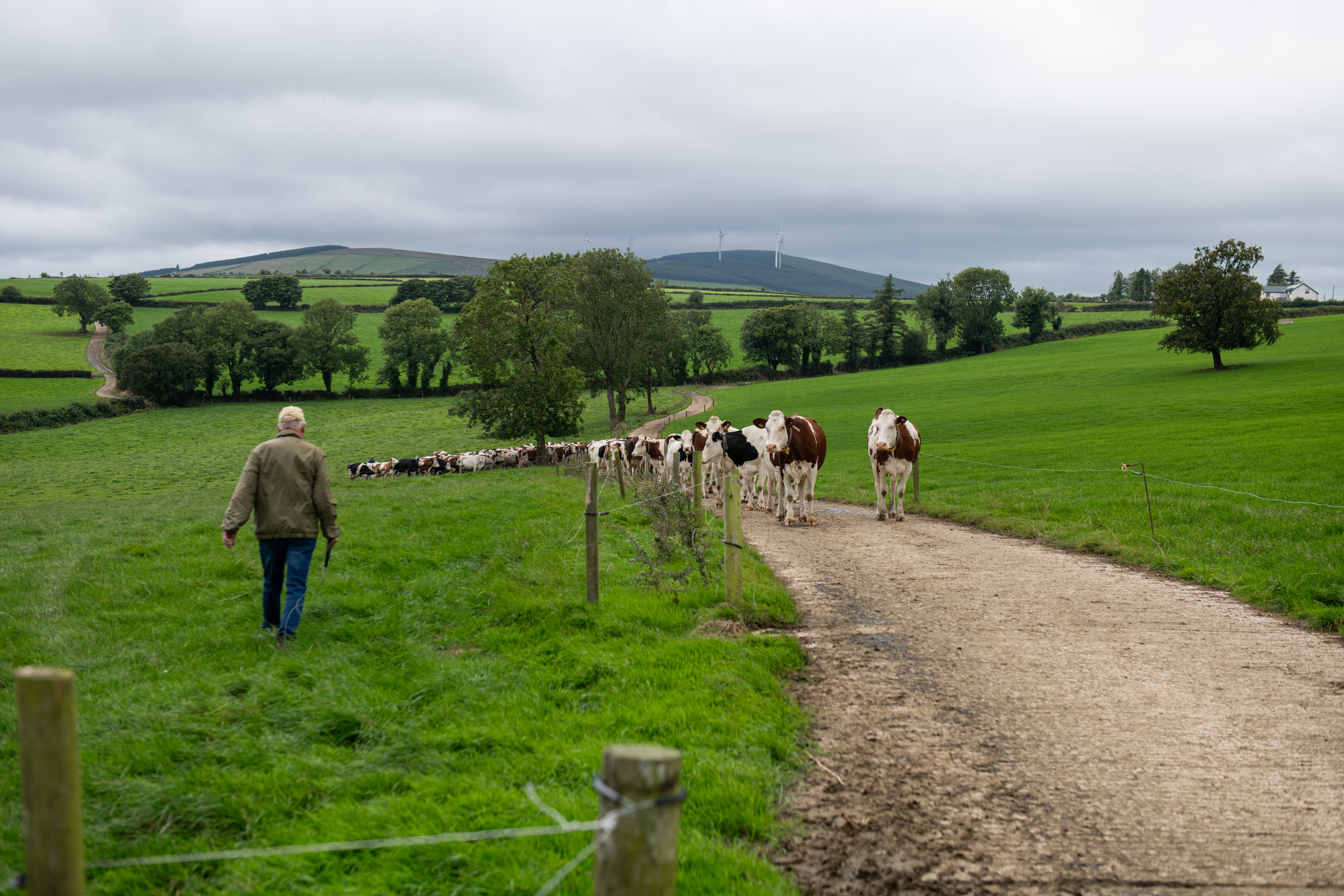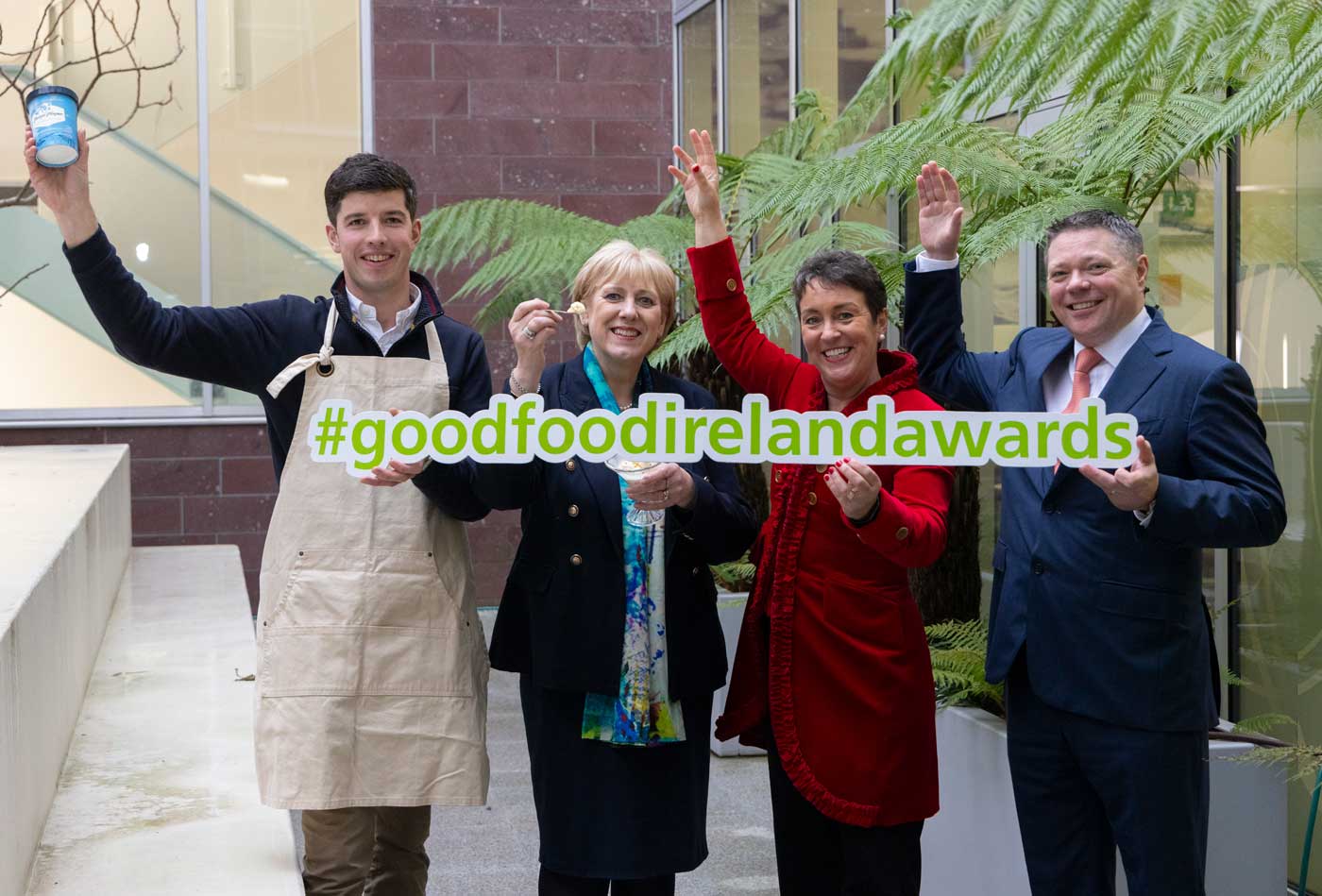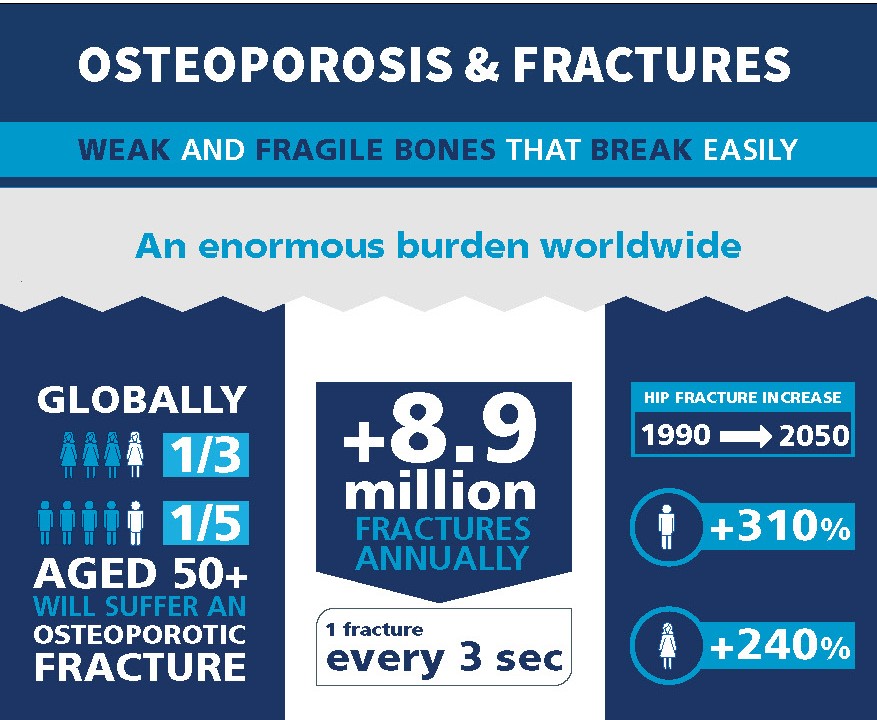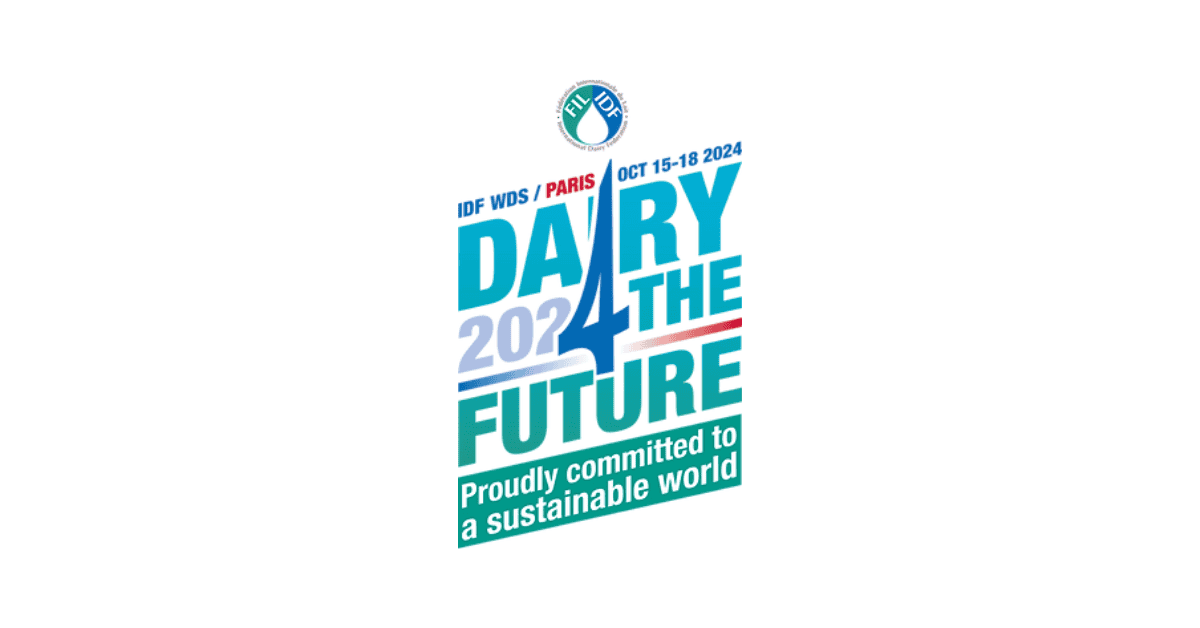- 1 in 10 [9%] people consider their carbon footprint when purchasing food
- 8 out of 10 [82%] believe that to preserve the planet, we need to change how we consume and produce food
- 6 out of 10 [59%] agree the dairy sector can help consumers eat more sustainably
Monday 29th July 2019: Preserving natural resources, conscious consumption and production and climate change are associated most with sustainability according to new Irish research* released today by the European Milk Forum (EMF). The survey reveals that 9 out of 10 [92.2%] consumers believe Ireland is worthy of its world-renowned reputation for producing high quality dairy products with 4 out of 10 [41.7%] considering that the dairy sector has a negative impact on climate change. However, 3 out of 4 [75.1%] Irish consumers state they are not aware of the range of measures and initiatives that Irish dairy farmers use to enhance sustainability on their farms.
Conducted as part of a three-year campaign, “Sustainable Dairy in Europe – safeguarding our resources” the research involving 2,000 consumers in Ireland as well as 2,000 consumers in Belgium, Denmark, France, and the Netherlands aims to gain an understanding of consumers’ perceptions of sustainability, climate change and the challenges they pose in relation to the dairy sector.
Other findings from the Irish research reveal that nearly half [42.5%] of Irish consumers believe the dairy sector is economically important to Irish society with 4 out of 5 [82.9%] believing Irish dairy is produced authentically and sustainably. Despite this low awareness of measures being taken by the dairy sector to improve sustainability at farm level, the majority, 4 out of 5 [84.5%] want the Irish dairy sector to continue to be successful and to support future generations.
Commenting on the results, Zoe Kavanagh, Chief Executive of the National Dairy Council said:
“The ‘Sustainable Dairy in Europe’ project is really essential for the dairy sector. We have a strategic action plan in place to support farmers to continue to produce dairy products that are important in the daily diet, but to also produce dairy in a more sustainable way using new farming practices that reduce their impact on the environment. It is heartening that our consumers value the Irish dairy’s outputs and the role of the Irish dairy farmer not only to produce nutritious products, but also the contribution they make to the fabric of our rural society. Ireland has a world-renowned reputation in this sector with consumers identifying our products as far superior to elsewhere in the world. Irish dairy has one of the lowest carbon footprints internationally, primarily due to the unique grass fed, family based Irish farming system which is extremely efficient and involves less intensive farming. It is in all interests to continue to nurture that approach and support new innovations in soil fertility, water quality and nutrient management.”
The majority of Irish people believe in climate change but are optimistic about being able to stop some of the consequences. Reducing food waste and the recycling of waste continue to top the list for climate conscious actions by people but as few as 1 in 10 [9%] consider carbon footprint when purchasing food. In comparison to other European countries, Irish consumers believe they hold the main responsibility to tackle the effects of climate change, this compares to the Netherlands, France and Belgium who believe responsibility lies with the industry.
“We have a national plan and strategy in place to help Ireland’s agri-food industry and support our farmer’s ambitions to reduce their emissions. We are continuing to educate the sector on the latest innovations and science-based advice where they can take simple and effective measures across their farms. These include adapting use from natural resources, such as substituting clover for chemical fertilizer, reducing losses from slurry, and incorporating forestry and hedgerows on farms to name but a few. This leads to farmers lessening their use of additives and naturally re-generating the land they own through grass rotation. We now have a job to do in telling this story to our loyal consumers and reassuring the Irish population that there is a long-term plan to produce high quality dairy products whilst also reducing carbon emissions.
“Our rural communities rely on agriculture and the food industry for their livelihood and are proactively and speedily working to adapt their methods of farming. They are moving to more sustainable practices that lower their carbon footprint whilst protecting the future for family farming generations,” Ms. Kavanagh concludes.
According to the research, 6 out of 10 [59%] agree the dairy sector can help consumers eat more sustainably and overall 7 out of 10 [68 %] strongly believe Irish dairy products are superior when compared to other countries dairy products across the world.
For futher information contact:
Cathy Currran, Communications Manager, National Dairy Council
+353 1 290 2518 | pr@ndc.ie
